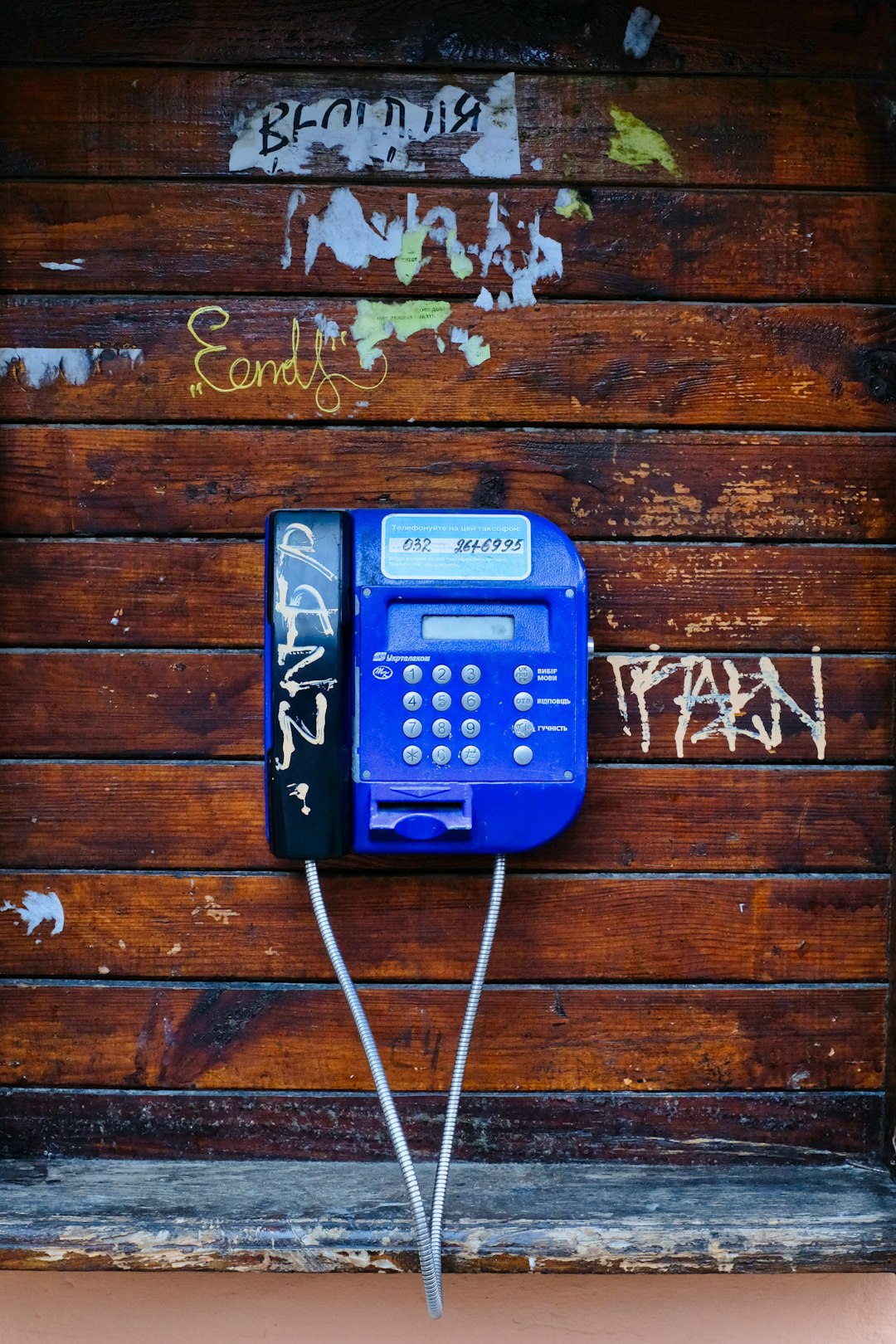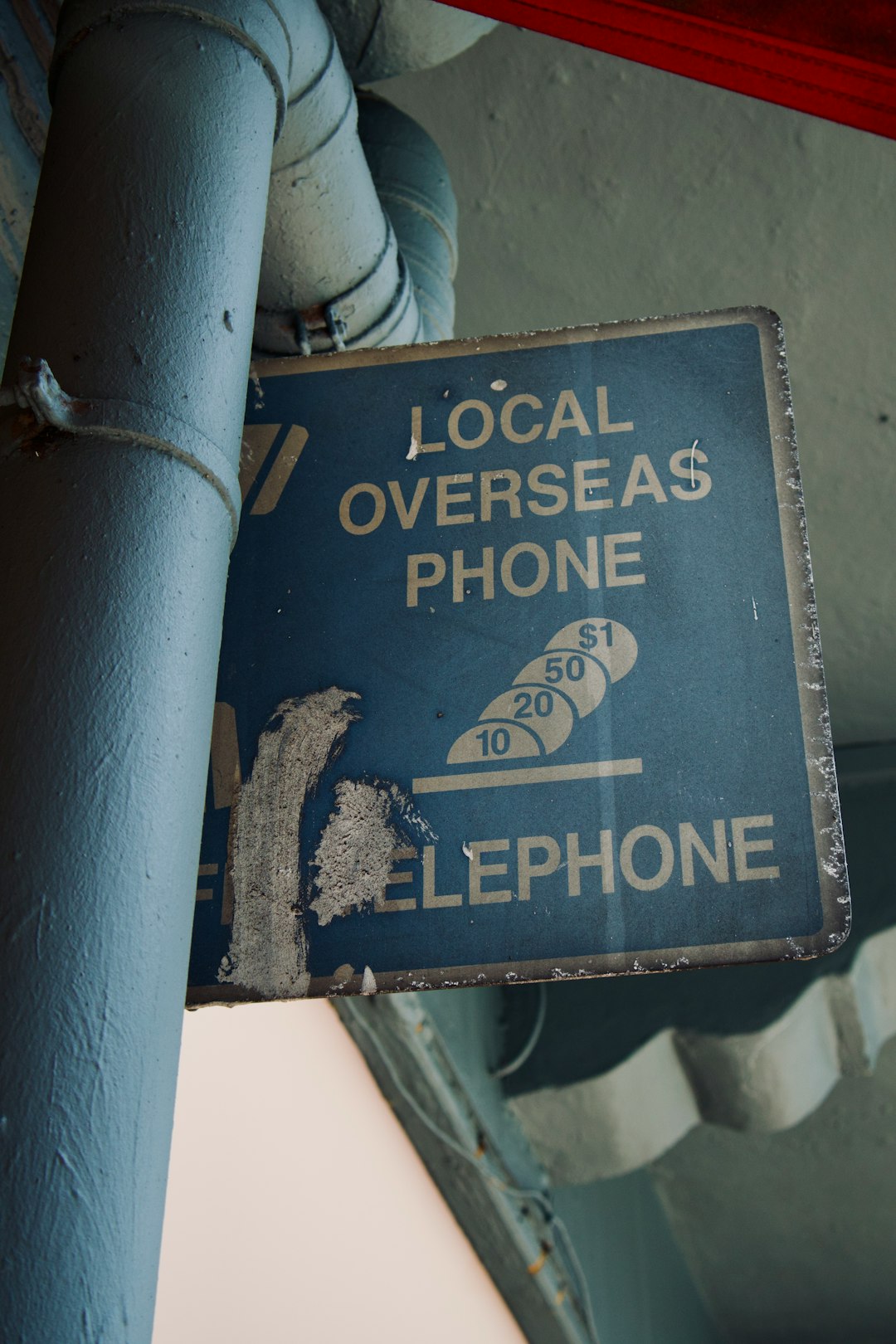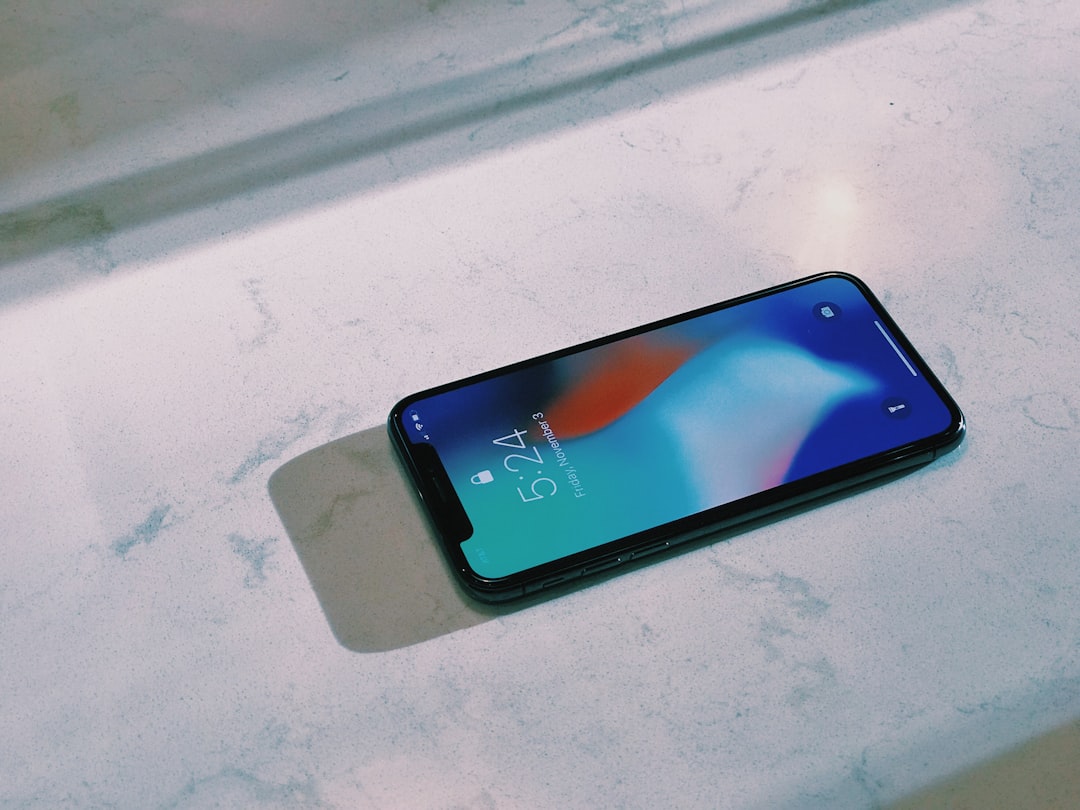In Oklahoma, consumers are protected from unfair debt collection practices by state and federal regulations, including a "Do Not Call" rule for phone contact between 9 pm and 8 am. Debt collectors must provide proof of debt upon request, typically through a written notice, and debtors can dispute the debt. Proof of Debt (POD) letters are crucial in the collection process, confirming details like original amount, purchase date, and conditions. Oklahomans should promptly send a POD letter at initial contact from a creditor or collection agency to protect their rights. Consumers also have the right to request a stop to direct contact from Do Not Call law firms. By understanding their rights and taking proactive measures, individuals can effectively navigate debt collection processes and avoid unwanted interactions with law firms.
In the state of Oklahoma, understanding debt collection laws is crucial for both debtors and collectors. This article delves into the intricacies of debt collection practices, focusing on the significance of proof of debt letters in Oklahoma. We explore when and how to send these notices, emphasizing the importance of adhering to local regulations. Additionally, we discuss alternatives to contacting law firms under the state’s Do Not Call laws, while also protecting your rights as a debtor in this jurisdiction.
Understanding Debt Collection Laws in Oklahoma

In Oklahoma, debt collection laws are governed by both state and federal regulations to protect consumers from aggressive or unfair practices. Understanding these laws is crucial when dealing with debt collectors in the state. The Oklahoma Debt Collection Act outlines specific rules for debt collectors, including restrictions on communication methods. Collectively, these laws mandate that debt collectors refrain from making phone calls to consumers between 9 p.m. and 8 a.m., known as the “Do Not Call” rule, and require them to cease contacting individuals once they verify the debt’s validity.
Debt collection agencies in Oklahoma must provide proof of debt when requested by the consumer. This typically involves sending a written notice detailing the amount owed, the original creditor, and the basis for the debt. Consumers have rights under these laws, including the right to dispute the debt and request validation from the collector. By understanding their legal protections, Oklahomans can navigate debt collection processes more effectively while avoiding potential pitfalls, such as engaging with law firms through phone calls at inconvenient hours.
The Role of Proof of Debt Letters

In the state of Oklahoma, proof of debt letters play a crucial role in the debt collection process, especially when dealing with consumer disputes. These official documents serve as a written communication between the creditor and the debtor, providing irrefutable evidence of the debt’s existence and terms. When a debtor questions or denies owing a particular amount, a proof of debt letter becomes an essential tool for creditors to resolve such disagreements.
By sending a well-crafted letter, creditors in Oklahoma can outline the specific details of the debt, including the original amount, date of purchase, and any applicable terms and conditions. This formal notification allows debtors to verify the validity of the claim and facilitates a more straightforward resolution without the need for extensive back-and-forth communication or legal intervention, encouraging a peaceful resolution while avoiding the potential hassle of Do Not Call registrations or legal proceedings.
When and How to Send a Proof of Debt Letter

When to Send a Proof of Debt Letter in Oklahoma:
In Oklahoma, if you’re dealing with debt collection, it’s crucial to understand the legal process and timing for sending a proof of debt (POD) letter. This letter serves as formal documentation that you acknowledge the debt and is an essential step to protect your rights as a debtor. Typically, you should send a POD when a creditor or collection agency attempts to collect on a debt from you. This can happen through various methods, such as phone calls, emails, or written notices. However, it’s important to note that Oklahoma law discourages frequent contact with law firms regarding debt; direct communication with the creditor is often more effective and less intrusive.
How to Draft and Send the Letter:
To compose an effective POD letter, include key details such as the debtor’s and creditor’s names, account information, the amount owed, a statement confirming the debt, and a demand for validation of the debt per the Fair Debt Collection Practices Act (FDCPA). Ensure you send this letter within a reasonable timeframe to strengthen your position. Many experts suggest sending it upon first contact from a collection agency or when you disagree with the debt’s validity. Keep copies of all correspondence for your records, as this documentation can be valuable if the matter escalates or requires legal intervention.
Do Not Call Law Firms: Alternative Approaches

In Oklahoma, consumers have rights when it comes to dealing with debt collectors and their tactics. One significant right is the ability to request that a debt collection agency stops contacting them directly. The Do Not Call law firms in Oklahoma are designed to protect residents from relentless phone calls, but there are alternative approaches for those seeking respite from debt collectors.
Instead of relying solely on registering with these firms, consumers can take proactive measures like documenting every communication with the collector, keeping detailed records of all conversations, and sending a formal letter demanding proof of debt. This approach not only empowers individuals to take control but also ensures that they have tangible evidence should any disputes arise. By combining knowledge of consumer rights with strategic actions, folks in Oklahoma can navigate the intricate landscape of debt collection more effectively.
Protecting Your Rights as a Debtor in Oklahoma

In Oklahoma, debtors have specific rights that are protected by state laws. One crucial aspect is the ability to challenge debt collection practices, especially when proof of debt is requested. According to the Oklahoma Debt Collection Act, a creditor or debt collector must provide valid and accurate information when requesting payment, including proof of the debt. This means that if you as a debtor believe the debt is inaccurate or questionable, you have the right to dispute it.
To protect your rights, it’s advisable not to directly communicate with law firms regarding these matters. Instead, you can request written validation from the collector, which should include details about the debt, such as the amount, the original creditor, and the date it became due. If the proof is unsatisfactory or missing key information, you may choose to send a “Do Not Call” letter to the collector, stating your intention to dispute the debt and requesting they cease all communication until proper documentation is provided.






